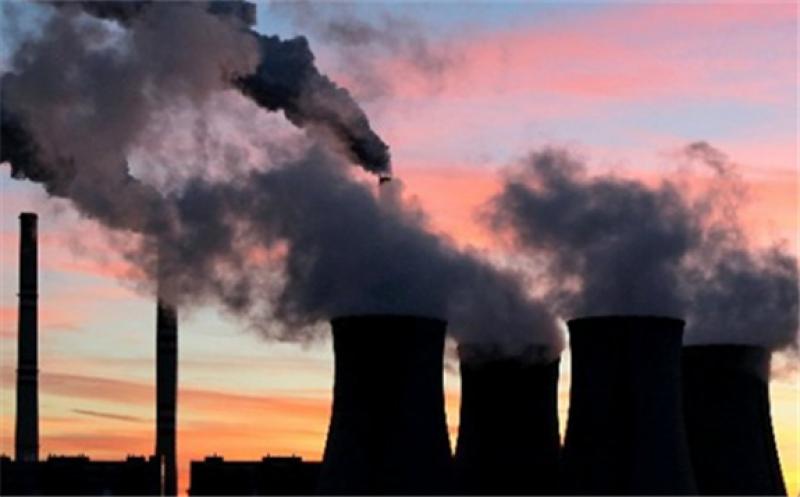The International Energy Agency (IEA) has issued yet another warning that if we are to have any hope of avoiding the worst effects of global warming, we have to keep it in the ground. "The pathway to net zero is narrow but still achievable. If we want to reach net zero by 2050 we do not need any more investments in new oil, gas and coal projects," Fatih Birol, the executive director of the IEA was quoted by Reuters last week.

Avoiding catastrophic climate change, according to the Intergovernmental Panel on Climate Change (IPCC), the premiere body of experts on the topic, and the 2015 Paris Agreement on climate change, we as a global community need to keep the Earth from rising more than 1.5 degrees Celsius above pre-industrial averages. Meeting this goal will necessitate reaching net zero greenhouse gas emissions by just 2050, a quick turnaround to say the least.
A considerable number of countries have pledged to bring their carbon footprint down to zero by mid-century, but relatively few are on track to actually do so. What’s more, it’s almost certainly just too little too late; even if those nations that have committed to reach net zero fully achieve their commitments, by 2050 there will still be a projected 22 billion tonnes of carbon dioxide worldwide, leading to temperature rise of around 2.1C by 2100, the IEA’s "Net Zero by 2050" report revealed.
“To achieve net zero, global investment in fossil fuel supply should fall from $575 billion on average over the past five years to $110 billion in 2050, with upstream fossil fuel investment restricted to maintaining production at existing oil and natural gas fields,” a Reuters report summarized. While the IEA acknowledges that the world can’t drop fossil fuels overnight, certain particularly dirty fuel sources -- namely coal -- need to be displaced immediately.
This will necessarily require considerable cooperation and compliance from the world’s largest economies and largest greenhouse gas emitters, the United States and China. While both President Joe Biden and President Xi Jinping have recently made pledges to decarbonize, the nations’ private sectors clearly have a mind of their own. And, complicating matters even further, China has even made promises to the global community to ramp up coal production in the near future.
This return to coal comes as prices for commodities such as coal, steel, iron ore and copper have soared in the post-pandemic landscape, “fuelled by post-lockdown recoveries in demand and easing liquidity globally,” Reuters reported last week. China, which is the world’s largest user of all of these materials, has pledged to address the price increase by adjusting the trade and stockpiling of commodities, doubling down on market inspections, cracking own on malicious trading and other price-gouging schemes, and, above all, urging coal producers to expand their output in a hurry in order to meet peak demand over the summer.
These announcements had direct and immediate results in the market. Thermal coal futures on the Zhengzhou Commodity Exchange fell by a reported 7.9%, in Dalian iron ore, used in steelmaking, slumped by 7.5%, and on the Shanghai Futures Exchange, steel rebar and hot-rolled coil fell by approximately 6%.
While this is good news from industries that have been suffering from unusually high commodities prices, it is decidedly bad news for the environment and the climate at a moment when we have absolutely no time to lose. Meeting global climate goals will require unprecedented global cooperation and a huge paradigm shift almost overnight. It will be a sprint to the finish, and even seemingly small hiccups like this short-term coal revival in China could have massive and catastrophic consequences.